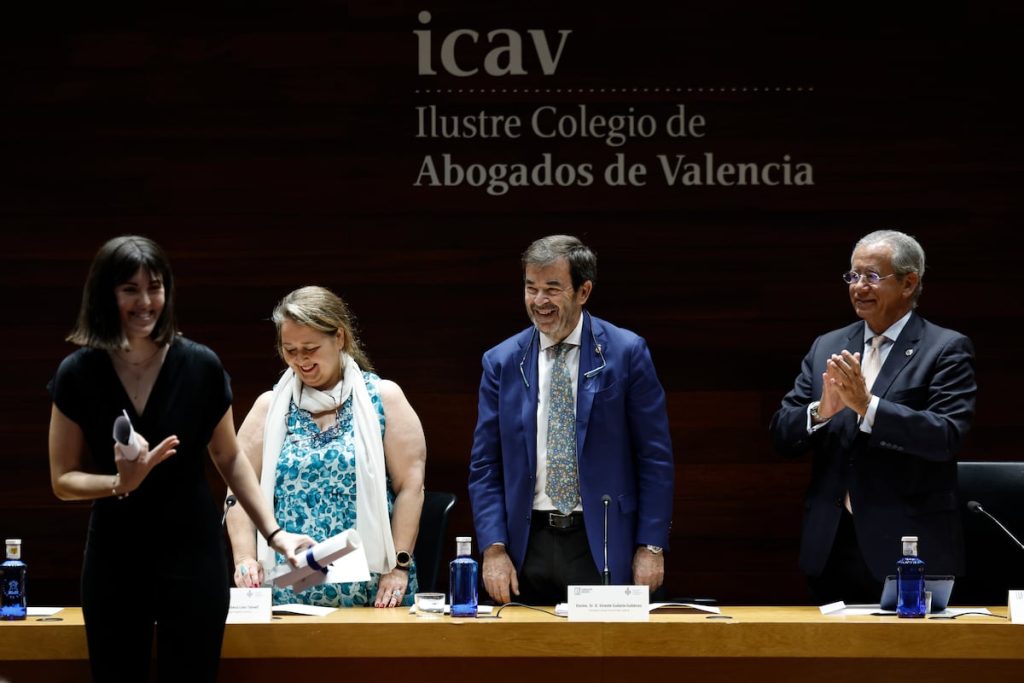The interim president of the General Council of the Judiciary (CGPJ), Vicente Guilarte, has proposed a lottery for the positions of CGPJ members as a way to unlock the renewal of the governing body of judges, whose mandate has been extended since December 2018. Guilarte has put forward this proposal during an event in Valencia, aligning with the foundation Hay Derecho’s suggestion to depart from the usual procedure of election by the Congress and the Senate. This would involve selecting the members by lottery from a list of candidates approved by the CGPJ, with parties committing to accept the results. Both Hay Derecho and Guilarte view this as a temporary solution to end the current deadlock.
Guilarte’s proposal entails selecting the 12 judge positions through a lottery from the remaining 39 candidates in the list submitted to Congress and the Senate in September 2018. This would allow for the renewal of the Council and establish a calmer environment for discussions on the future of the judiciary. He emphasizes the need to move away from partisan interests and focus on the judiciary’s best interests. The existing list has been reduced due to various reasons such as retirement, death, or voluntary resignation, making it essential to expedite the renewal process.
The CGPJ consists of 20 members, with 12 judges and 8 prestigious jurists. Guilarte specifically suggests lottery selection for the judge positions due to the pre-selection process already in place. The other eight positions would remain subject to agreement between parties or left pending for future renewal. This proposal marks a shift from Guilarte’s previous stance of favoring parliamentary selection, with the aim to depoliticize judicial appointments. The idea is to introduce a new selection process via lottery with the potential for future objective appointments.
The new offer by Guilarte comes amid the government’s acknowledgment that if the Popular Party continues to block the agreement on CGPJ renewal, the Executive will seek alternative solutions. This was hinted at by Prime Minister Pedro Sánchez in late April, and confirmed by Minister Félix Bolaños. The government has not disclosed the specifics of the alternative options being considered to address the CGPJ deadlock without the PP’s support. One potential option could involve revisiting a reform proposal from 2021 that would alter the voting requirements for CGPJ renewal.
Guilarte is critical of the government’s potential move to lower the majority required for selecting the new CGPJ, equating it to a “franquista” approach. The debates surrounding the CGPJ renewal highlight the complexities of the judicial system in Spain and the challenges posed by political interference. The need for a transparent and efficient selection process for the CGPJ members remains a crucial issue that requires resolution to ensure the independence and effectiveness of the judiciary in the country.


